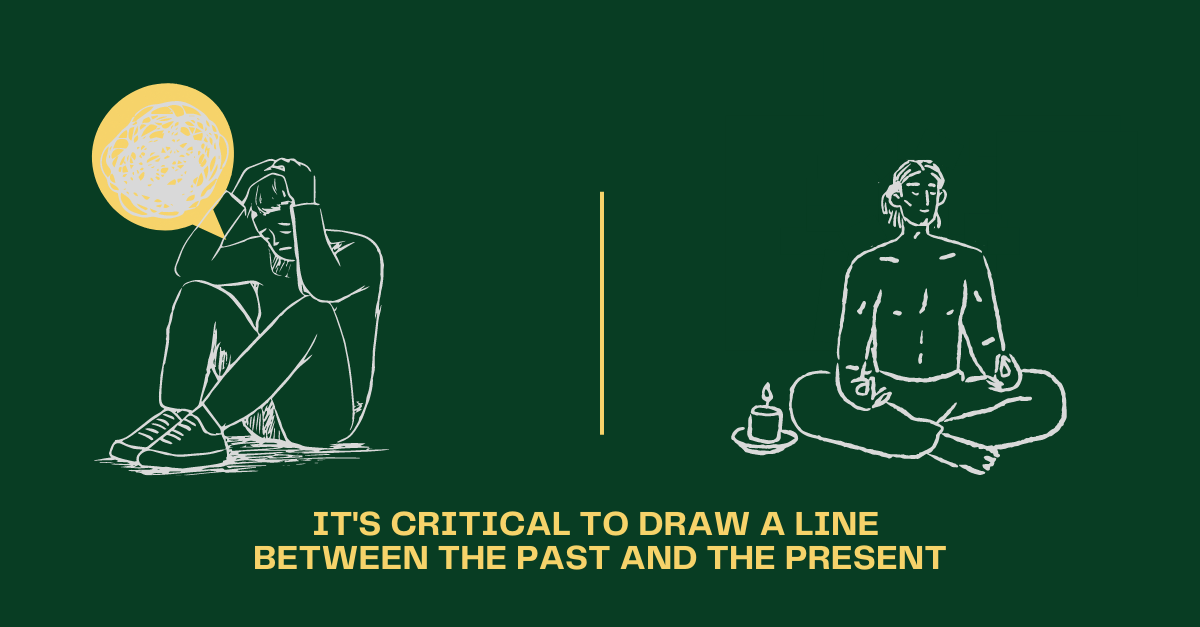|
In my practice as a trauma and relationships therapist, I am often asked about the connection between healing and forgiveness. I believe that the origin of such confusion comes from convoluted understanding of the relationship between an entity that inflicts harm over a recipient of it. To claim that healing would never happen unless forgiveness precedes sounds like a free pass oppression. It also indirectly burdens the survivor with the duty of forgiving in order to feel better. Then how do we perceive forgiveness. In psychology forgiveness is usually defined as an intentional decision to release emotions of resentment toward someone who had caused us harm, regardless of whether they deserve it or not. I definitely agree with the above definition. However, I do not perceive forgiveness as a conditional prerequisite towards healing from trauma. It is actually the other way round! In order to heal from trauma, injustice or any form of oppression, you need to identify, acknowledge and process the act. The pain and hurt are entities that cannot be dismissed or brushed under the carpet. They should never be denied or suppressed. Similarly, the impact of an offense against you is not something to undermine or find excuses or justifications for. On the contrary, acknowledging such unfairness inflicted on you, restores your sense of internal strength, and provides you with a foundation to reclaim your power.
The trick here is to draw a line between the past and the present. Harm did happen indeed (in the past). The hurt and the pain are still happening in the present. When things happened to a past version of you in the past, it was not the same present self. We develop and transform with every interaction. We gather information, experience emotions and act in certain ways based on the present moment, then up spiral with that to a higher level of awareness and consciousness. The present self starts to reclaim a sense of change that begins with an intention to be in charge, acknowledges the past then moves ahead based on a value system that acknowledges self worth, justice, freedom and choice. Now is the time to draw a line between your past and present. Make a conscious decision of moving forward towards healing because you deserve it. Conscious forgiveness begins with forgiving ourselves for unintentionally being on the recipient end of harm. By the same token, it is a step forward from rumination and despair towards validation and hope. Though forgiveness can help repair ruptured relationship, it doesn’t obligate you to reconcile with someone who harmed you. Moreover, it never means to release them from being held accountable. Once you process the pain, you are responsible towards yourself to make a decision of letting go of pain and allowing room for the light of inner peace to flourish within to transform and progress with confidence and pride - only then can you really forgive!
4 Comments
5/19/2023 08:24:33 am
Great article! It effectively clarifies misconceptions surrounding the relationship between healing and forgiveness. Concise and insightful, it offers valuable insights into the power of forgiveness as a healing tool. Kudos to the author for shedding light on this important topic!
Reply
7/6/2023 05:23:07 pm
Having gone through a traumatic event myself, I know the struggle of grappling with the concept of forgiveness. It's comforting to see the author emphasize the importance of acknowledging the pain and injustice inflicted upon us, rather than brushing it aside. It's a powerful reminder that healing begins with validating our own worth and choosing to move forward towards a brighter future, even if forgiveness doesn't necessarily mean reconciliation.
Reply
3/5/2024 04:26:45 pm
As someone who has personally grappled with trauma, I resonate deeply with the notion that healing shouldn't be contingent upon forgiveness but rather on acknowledging and processing the pain. It's empowering to see the emphasis on self-worth, justice, and freedom as essential components of the healing journey, reminding us that forgiveness is ultimately a personal choice that doesn't diminish the validity of our experiences or absolve others of accountability.
Reply
Leave a Reply. |
About OlaOla is a Registered Clinical Counsellor offering a holistic approach to healthy relationships, life transformation and fulfillment. |
|







